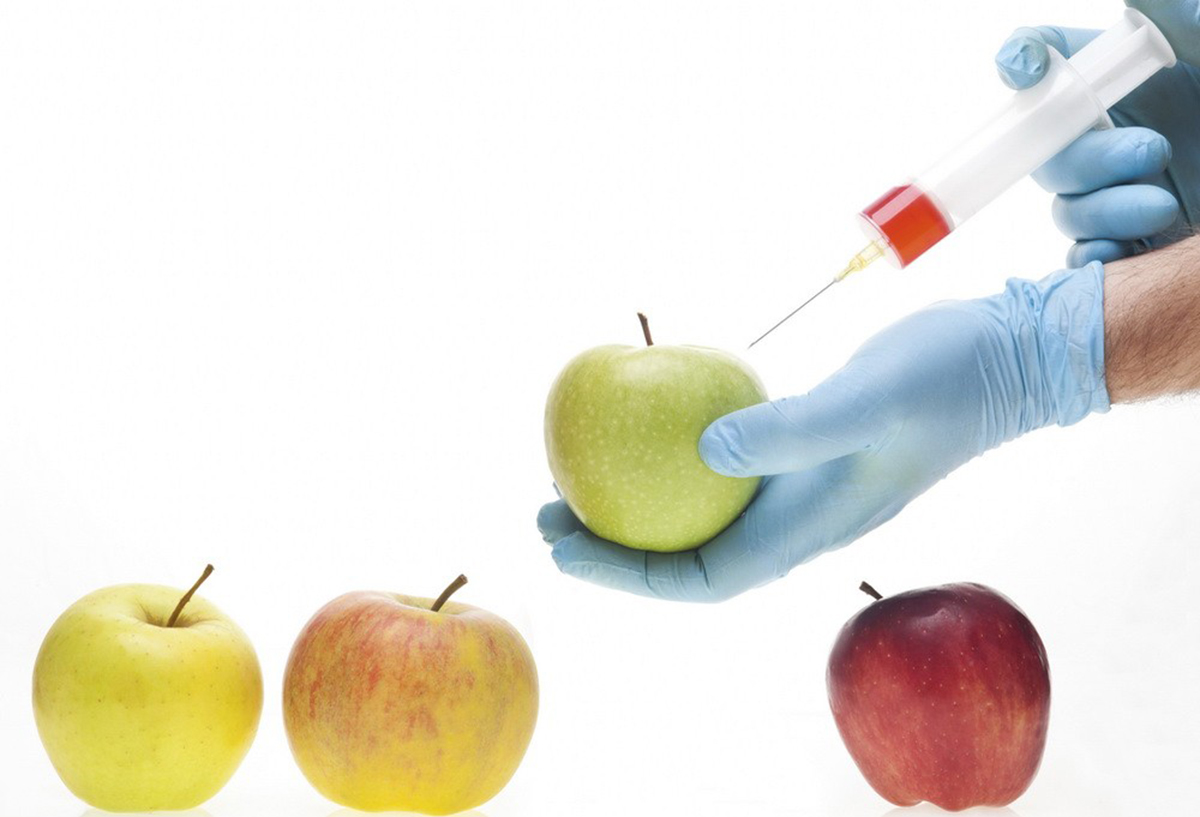Table of Contents
What are GMOs?
According to the World Health Organization (WHO), a genetically modified organism (GMOs) is the one that has been modified by scientists, at the level of gene expression. In other words, scientists introduce genes in to the DNA of these organisms in order to modify a specific feature, such as size, plague and herbicide resistance, nutritional content and allergenic potential. The genes that are inserted come from microorganisms and nowadays, most of GMOs have been altered to increase their production yield by making them more resistant to chemicals and plant diseases.

Currently, several GMOs are marketed in both developed and developing countries, including the US, Canada, China, Argentina, Brazil, Paraguay, Australia, India, South Africa, Mexico, Romania, Spain, Portugal, Germany, Colombia, the Philippines and Honduras.
Other products are still in the stage of being developed, such as tobacco, rice, maize and salmon, and still have to be assessed so they can be introduced in the market.
GMOs risk assessment
Because GMOs have modifications that do not occur naturally, governments believe it is important to assess their potential effects on human health and on the environment.
According to this and to other regulations, GMOs are evaluated to determine their potential toxicity towards the human being and the environment, their potential to cause allergies, their components and their nutritional and toxic characteristics, how stable the gene that was introduced is and any side effects that the introduction of this gene might have.
So, yes, they are safe, and they continue under evaluation, now that they are consumed, in order to ensure that they are safe on a long-term basis.
Concerns about GMOs
Despite of the regulations that exist to ensure the safety of GMOs, a large number of individuals and non-governmental organizations have raised concerns regarding the safety of these products towards human health and the environment.
Why? Because the genetic modification of a plant or any other organism may result in the alteration of the genetics of the consumer and of similar organismal species, causing disruption in the environment and the promotion of certain diseases related to genetic alteration, not only in humans but also in other beings, such as wild plants, insects and other animals.
See Also: GMO Causes Cancer And Large Tumors
Concerns also relate to the fact that companies will claim ownership on the GMOs that they develop, monopolizing the production of these products and introducing monocultures, which would threaten to reduce the variety of products that can be grown in a certain region. These could potentially harm local agricultural practices and increase the price of GMO products that would be offered to the general public.
- DOMINGO, J. L. & GINE BORDONABA, J. 2011. A literature review on the safety assessment of genetically modified plants. Environ Int, 37, 734-42. GODFRAY, H. C., BEDDINGTON, J. R., CRUTE, I. R., HADDAD, L., LAWRENCE, D., MUIR, J. F., PRETTY, J., ROBINSON, S., THOMAS, S. M. & TOULMIN, C. 2010. Food security: the challenge of feeding 9 billion people. Science, 327, 812-8.
- Photo by shutterstock.com
- Photo courtesy of Seth Anderson by Flickr : www.flickr.com/photos/swanksalot/7715087270


Your thoughts on this